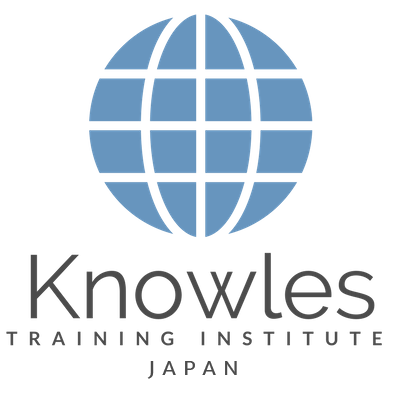Communication Strategies Lunch Talk in Japan
Welcome to our Communication Strategies Lunch Talk in Japan, where we explore the art and science of effective communication in the workplace. In Japan’s diverse and dynamic business landscape, strong communication skills are essential for building relationships, driving collaboration, and achieving organizational success. This session aims to equip participants with practical strategies and techniques to enhance their communication effectiveness, navigate cultural nuances, and foster meaningful connections in the workplace.
In today’s fast-paced and interconnected world, the ability to communicate effectively is more important than ever. This Lunch Talk provides participants with valuable insights and practical tips to improve their communication skills, whether interacting with colleagues, clients, or stakeholders. By mastering the art of clear, concise, and impactful communication, individuals can enhance their professional relationships, drive better outcomes, and thrive in Japan’s competitive business environment.
Talk Objectives:
- Understanding the Importance of Effective Communication: Recognize the significance of effective communication in achieving organizational goals, fostering teamwork, and building trust and credibility in the workplace. Understand the impact of poor communication on productivity, morale, and employee engagement, and recognize the value of investing in communication skills development.
- Enhancing Verbal Communication Skills: Develop strategies to improve verbal communication skills, including clarity, conciseness, and articulation. Explore techniques for structuring and delivering impactful messages, such as active listening, asking clarifying questions, and using appropriate tone and language to convey meaning effectively.
- Mastering Nonverbal Communication: Understand the power of nonverbal communication cues, such as body language, facial expressions, and gestures, in conveying meaning and building rapport. Learn to interpret and leverage nonverbal cues to enhance communication effectiveness and establish positive connections with others.
- Navigating Cultural Differences: Navigate cultural nuances and diversity in the workplace to communicate effectively with colleagues from different cultural backgrounds. Develop cultural intelligence and sensitivity to understand and respect cultural differences in communication styles, preferences, and norms, and adapt communication strategies accordingly.
- Building Empathy and Active Listening Skills: Cultivate empathy and active listening skills to foster understanding, trust, and rapport in interpersonal interactions. Practice empathetic listening techniques, such as paraphrasing, summarizing, and validating others’ perspectives, to demonstrate respect, build rapport, and resolve conflicts constructively.
- Crafting Persuasive Messages: Learn to craft persuasive messages and influence others effectively by understanding their needs, interests, and motivations. Explore techniques for structuring persuasive arguments, framing messages effectively, and using storytelling and visual aids to engage and persuade audiences.
- Managing Difficult Conversations: Develop confidence and competence in managing difficult conversations, such as delivering constructive feedback, addressing conflicts, or discussing sensitive topics. Learn to approach difficult conversations with empathy, clarity, and professionalism, and navigate challenging situations with tact and diplomacy.
- Improving Written Communication Skills: Enhance written communication skills, including clarity, coherence, and professionalism, in emails, reports, and other written correspondence. Learn to structure messages effectively, use appropriate language and tone, and proofread carefully to convey ideas clearly and professionally.
- Using Technology for Effective Communication: Harness the power of technology tools and platforms to facilitate effective communication in the digital age. Explore best practices for using email, instant messaging, video conferencing, and collaboration tools to communicate efficiently, collaborate remotely, and stay connected with colleagues and clients.
- Fostering a Culture of Open Communication: Foster a culture of open communication and transparency in the workplace by encouraging feedback, dialogue, and collaboration among team members. Create opportunities for regular communication, such as team meetings, town halls, and feedback sessions, to promote alignment, engagement, and accountability.
The Communication Strategies Lunch Talk has provided participants with valuable insights and practical strategies to enhance their communication effectiveness in the workplace. By mastering the art of clear, concise, and impactful communication, individuals can build stronger relationships, drive collaboration, and achieve greater success in Japan’s competitive business environment. Together, let’s embrace the power of effective communication to drive positive change, foster meaningful connections, and unlock new opportunities for growth and innovation.
Ready to elevate your communication skills and drive better outcomes in the workplace? Start by applying the strategies and techniques discussed in this Lunch Talk to your daily interactions and communication practices. Practice active listening, empathy, and clarity in your verbal and written communications, and seek opportunities to build rapport and trust with colleagues and clients. By investing in your communication skills, you can become a more effective communicator, leader, and collaborator, and contribute to a culture of open communication and success in your organization.
More Information:
Duration: 60 minutes
Fees: $1899.97 USD 661.00
For more information please contact us at: contact@knowlesti.co.jp
If you would like to register for this talk, fill out the registration form below.

